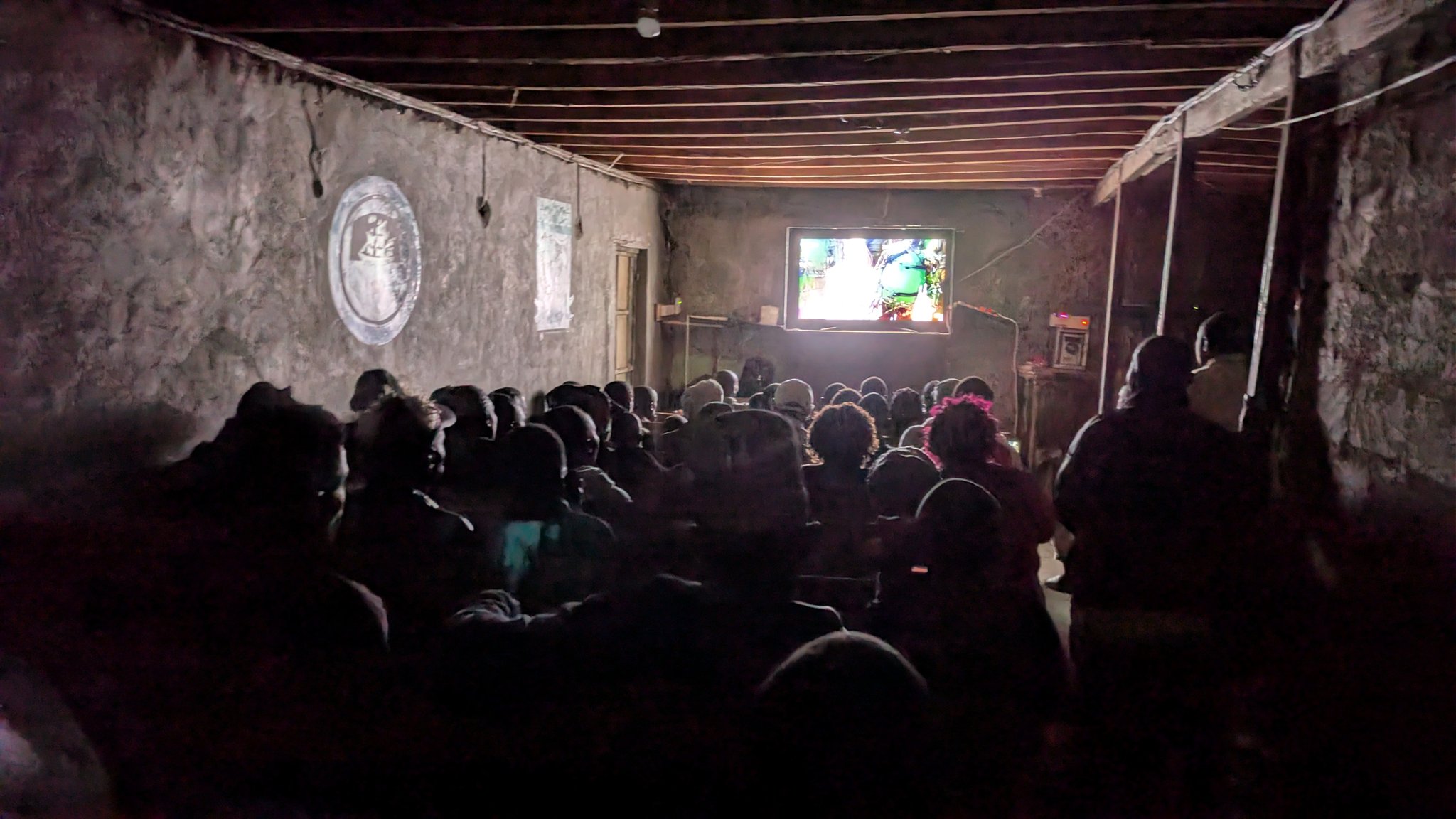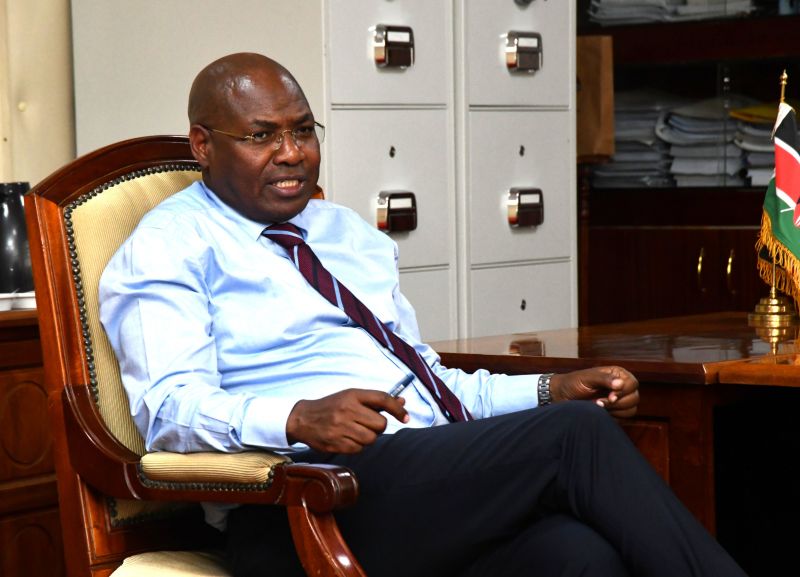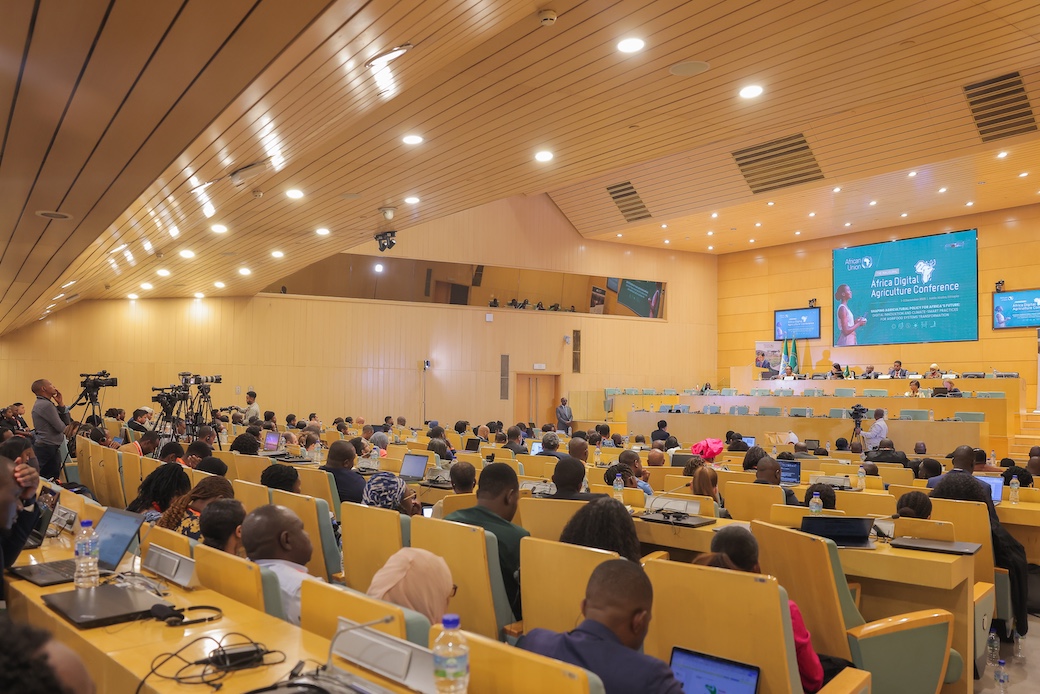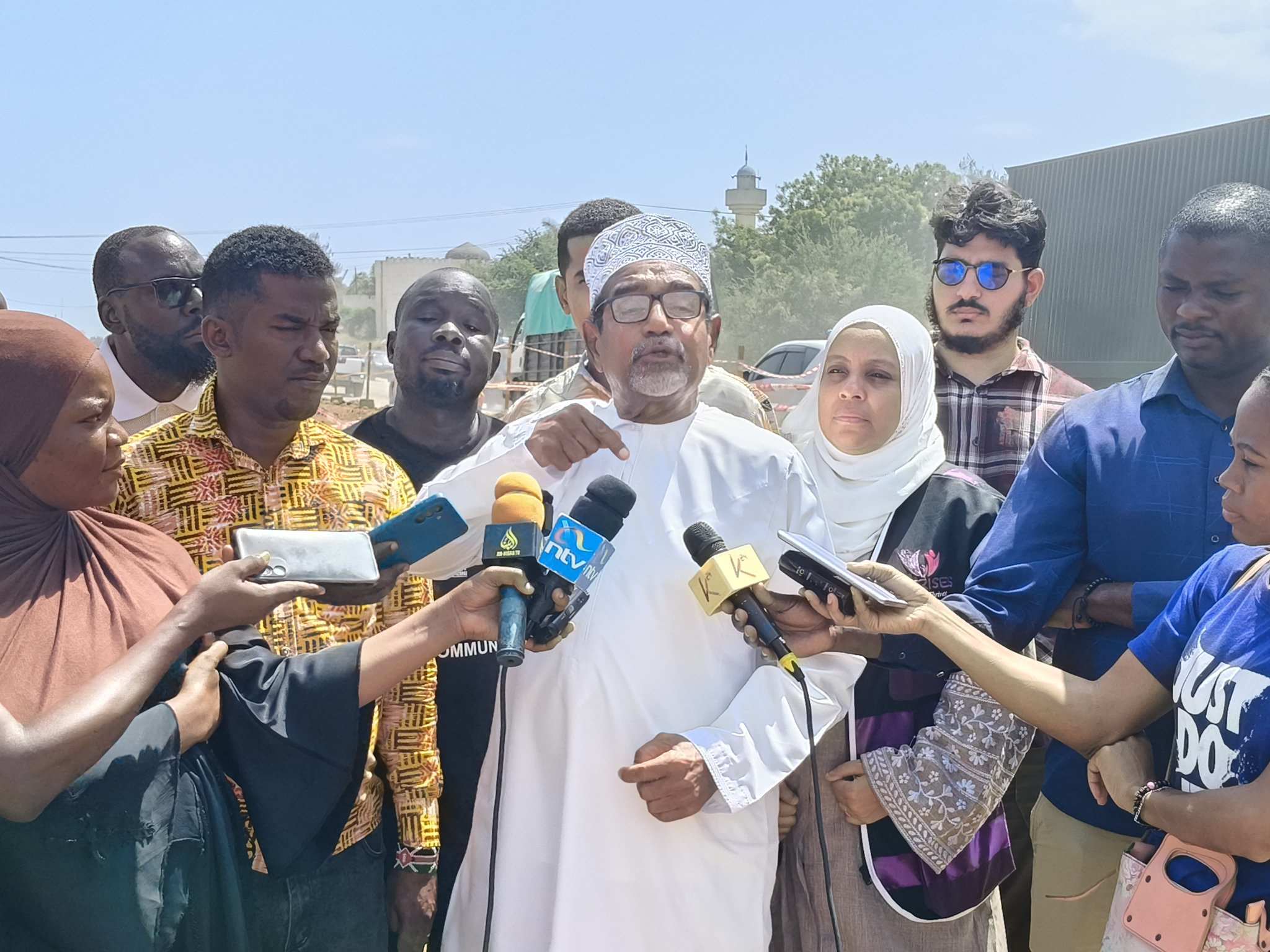DCI summons Mukuru activists over suspected links to BBC documentary "Blood Parliament"

The organisation's coordinator, Anami Daudi, told The Eastleigh Voice that they had received summons from the detectives directing them to present themselves at Embakasi Police Station at 11:00 am on Monday.
Detectives from the Directorate of Criminal Investigations have summoned activists from Mukuru slums in Mathare over suspected links to a documentary detailing how police and other armed forces brutalised Kenyans during protests against President William Ruto’s administration last year.
The DCI have summoned the leadership of Mukuru Community Justice Centre to appear before them on Monday at 11:00 am. The organisation said they highly suspect the summons are linked to their involvement in the making and showcasing of the BBC documentary titled “Blood Parliament”, in which atrocities committed against protesters were exposed.
More To Read
- Court summons DCI officers over spyware found on BBC filmmakers' gadgets
- ‘Blood Parliament’ filmmakers allege spyware was planted on their phones while in custody
- Inside Githurai Social Justice Centre, where community voices refuse to be silenced
- Deputy Speaker Gladys Shollei lauds committees as Parliament’s ‘engine room’
- Mukuru Community Justice Centre: Fighting injustice, police abuse to empower Kenya’s vulnerable
- DPP granted more time to decide on charges for four filmmakers linked to BBC's 'Blood Parliament' documentary
The organisation's coordinator, Anami Daudi, told The Eastleigh Voice that they had received summons from the detectives directing them to present themselves at Embakasi Police Station at 11:00 am on Monday.
“Yes. It is true we have been summoned by detectives. They have just told me I'm a threat to security without elaborating further,” said Daudi.
The organisation, however, in their X page indicated that they suspect it can either be because of their scheduled campaign to ask for justice for the dumping of bodies at the Kware in Mathare or because of taking part in the making of the BBC documentary on protests against the Finance Bill, 2024.
“We suspect it can either be because of our scheduled campaign to ask for justice for the Kware bodies or because some of our members were trained citizen journalists working for Sema Ukweli Kenya during the Gen Z protests of 2024, and they are being suspected of working with the BBC,” posted the lobby.
Mukuru Community Justice Centre is a community-based organisation of human rights defenders from different formations and groups from Mukuru informal settlements who are working on different human rights issues to offer solidarity and work together for a just society.
Recently, four BBC filmmakers who were arrested in connection with the investigative documentary Blood Parliament were granted anticipatory bail of Sh10,000 each by a Nairobi court.
The four, Nicholas Gichuki, Brian Adagala, Markdenver Karubiu and Christopher Wamae, were arrested last week and their electronic devices confiscated. They were later released on a free bond.
The Law Society of Kenya, through their lawyer Senator Dan Maanzo, has maintained that the arrests were carried out without a clear explanation and that the applicants were compelled to sign a document acknowledging the seizure of their equipment and documents.
According to documents filed in court by the Directorate of Criminal Investigations (DCI), the State intends to charge the four under sections 23 and 27 of the Computer Misuse and Cybercrime Act, 2018. If convicted, the four risk a fine of up to Sh20 million or a maximum prison term of 10 years.
Police linked the filmmakers to the Blood Parliament documentary, which aired recently on BBC Africa and BBC News Swahili platforms.
However, the British broadcaster has denied any association between the four and the production of the film. In an affidavit filed at the Milimani Law Courts, DCI officer Chief Inspector Nickson Kinyua said, “Preliminary investigations into the allegations are indicative that the suspects have conspired with the users of the YouTube Channel Accounts dubbed @BBCNewsSwahili and @BBCAfrica and the website/blog/domain Account bbc.com. They were used to orchestrate the stated offences online to the victims without any lawful excuse, for a while now, through the defamatory posts/publications.”
Inspector Kinyua further alleged that the content published on the platforms is “harmful” and has the potential to incite unrest among citizens and damage the reputation of independent constitutional offices.
“The respondents have caused unwarranted reputational damage, which is likely to tarnish the integrity and image of the institutions and continue to subject them to irreparable damages and pose a security risk,” he told the court, without naming the affected institutions.
Top Stories Today












































